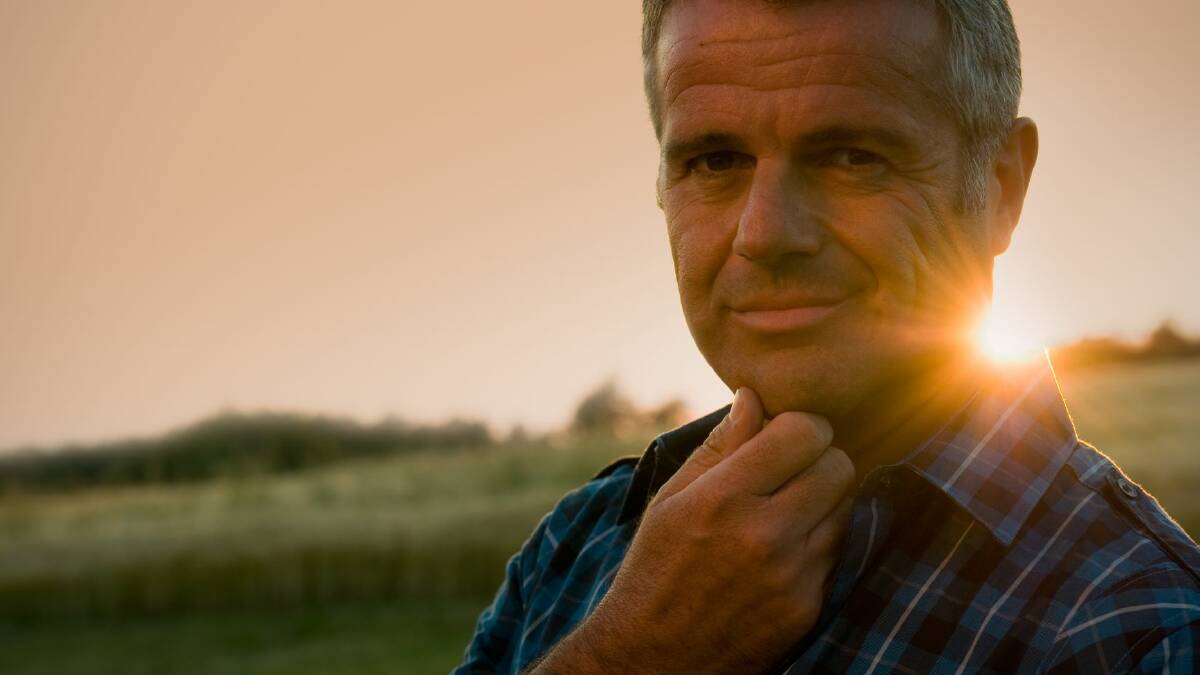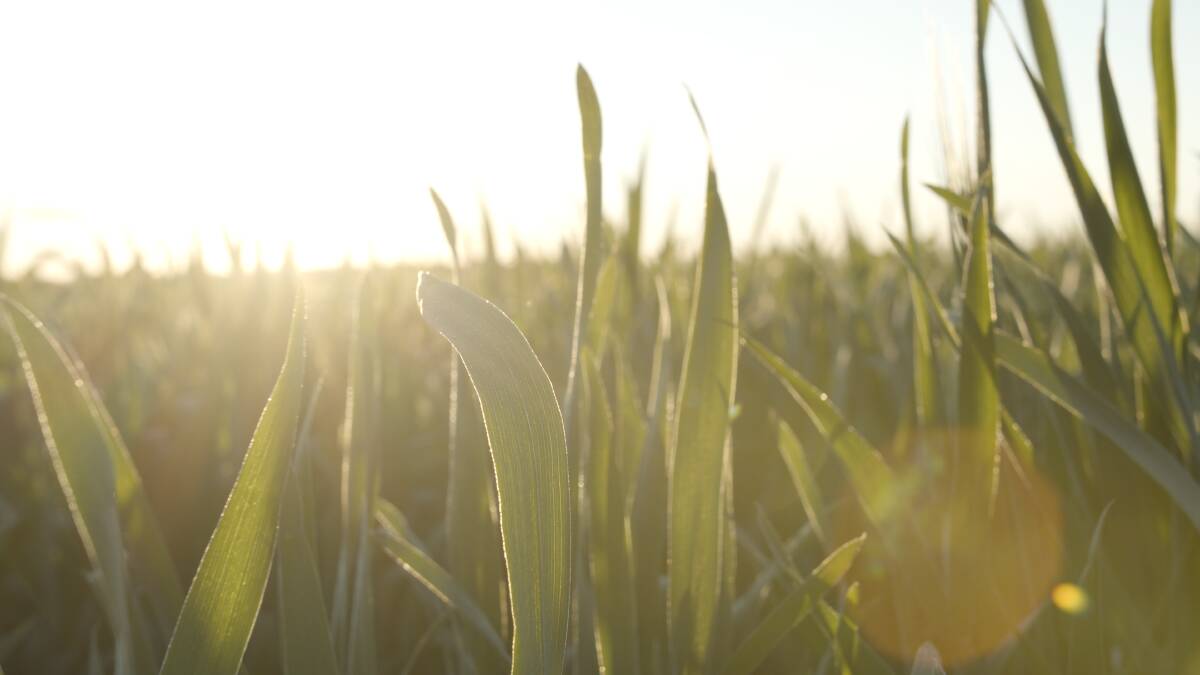We may have a blind spot when it comes to the way we think about skin cancer

Story sponsored by Sanofi.
The recent release of a new report into non-melanoma skin cancer rates in Australia serves as a reminder to farmers and other outdoor workers about the potential dangers of sun exposure.
Australia is estimated to have the highest rate of skin cancer in the World (1) and it is often referred to as our "national cancer".
But while the potentially deadly nature of melanoma is well known thanks to successful awareness campaigns over the years, there is a concern from some healthcare professionals that the potential deadly nature of advanced non-melanoma skin cancers is not as well understood by the general public.
Cutaneous squamous cell carcinoma (CSCC) and basal cell carcinoma (BCC) - commonly referred to as non-melanoma skin cancer - account for a high number of cancer diagnoses. (2) And while the vast majority are not life-threatening, up to 1,700 Australians are projected to lose their life to advanced non-melanoma skin cancer in 2020, according to the report. (2)
Older men and people who spent many years working outdoors - especially farmers - are believed to be at higher risk of this non-melanoma skin cancer due to their long term exposure to the sun. (2)

The report's findings have led a number of leading cancer clinicians and advocacy organisations to call for better awareness of non-melanoma skin cancers to address misconceptions and develop a greater understanding of its prevalence for more effective management.
One such medical expert is Dr Rob Zielinski, Senior Staff Specialist Medical Oncologist at Orange Hospital, who has treated a number of patients with advanced non-melanoma skin cancers. Dr Zielinski says it is high time we place the same importance on non-melanoma skin cancers as we do their more insidious counterparts.
"Non-melanoma skin cancers can be deadly because they can spread into other parts of the body," Dr Zielinksi explained.
Dr Zielinski is calling for three critical improvements including better public awareness, more comprehensive data collection and improved patient access to medicines.
"The majority of my non-melanoma skin cancer patients are male, come from a farming background and are over the age of 70..." he explained.
"Your skin type makes you more at risk of contracting these types of skin cancers, but typically it's decades of sun exposure," he went on.

"Quite often what we see is people in their 70s and 80s, a lot of which are farmers who didn't get the benefits of those (sun safety) public awareness campaigns that came about in the 1980s and 1990s. So, they tend to be the ones who are affected.
"(Quite often) a lot of these people, particularly males, feel as though they're pretty stoic, they're pretty bulletproof, and think: 'If they get a skin cancer, I'll deal with it at the time'. But if you get a nasty cancer in a delicate position on your face, it can be a huge challenge."
If you are in this demographic, Dr Zielinski says, you need to take secondary prevention measures. This includes conducting regular skin checks; becoming familiar with your own skin so you know if something changes; and seeing a GP with an interest in skin cancer on a regular basis.
"The report tells us we may have a blind spot when it comes to the way we think about skin cancer."
Visit www.skincancerunseen.com.au for further information.
Story sponsored by Sanofi.
References
- Khazei Z et al. WCRJ 2019; 6: e1265 [Online] Available at: https://www.wcrj.net/wp-content/uploads/sites/5/2019/04/e1265-Global-incidence-and-mortality-of-skin-cancer-by-histological-subtype-and-its-relationship-with-the-Human-Development-Index-HDI-an-ecology-study-in-2018.pdf last accessed 12 June 2020
- Sanofi. 2020. The burden of non-melanoma skin cancer in Australia.
MAT-AU-2001620


